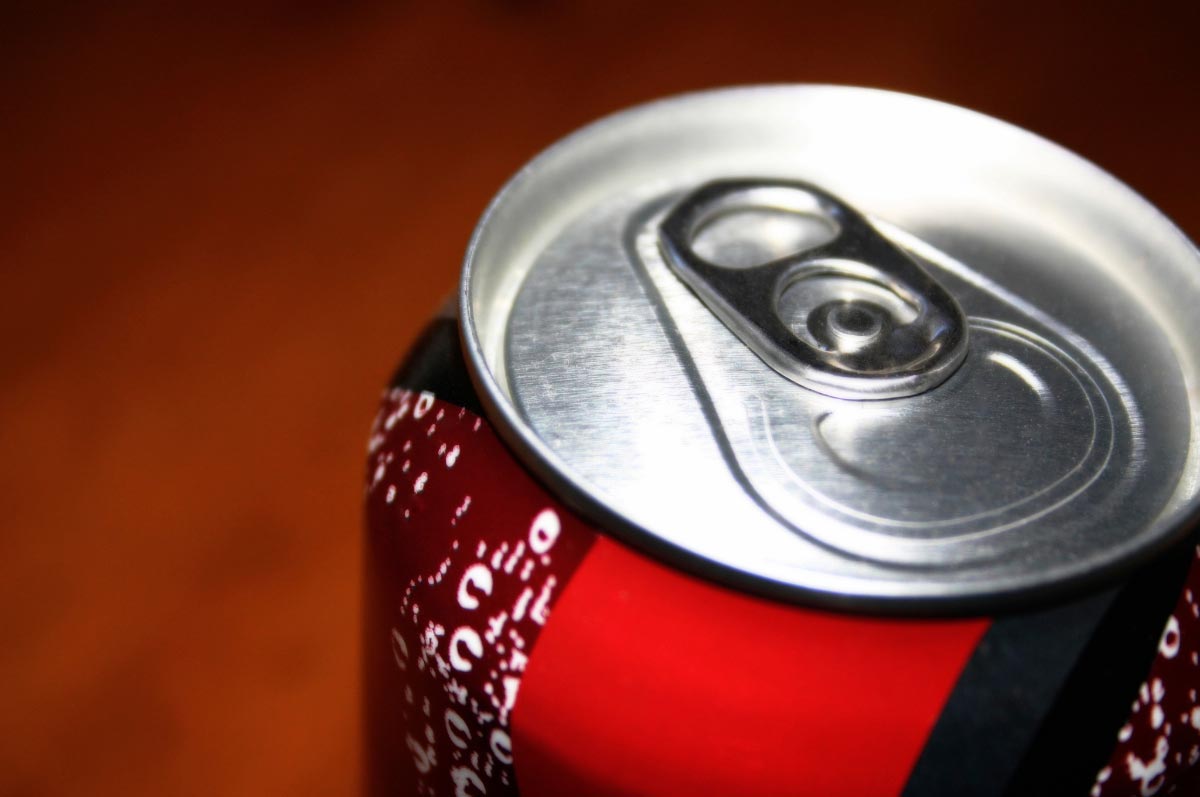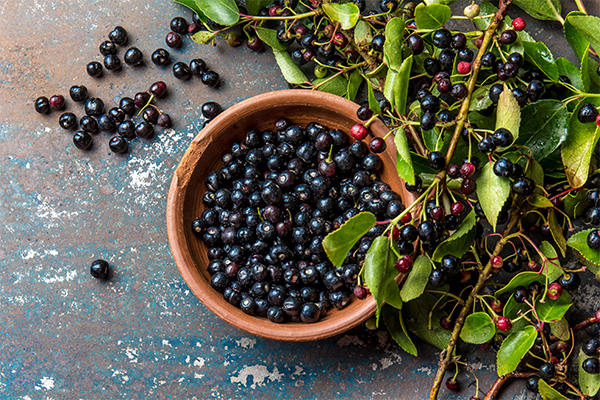Sugary drinks and disease: Chugging 2 sodas per day increases your risk of premature death
08/07/2020 / By Divina Ramirez

The added sugar in soda makes it one of the unhealthiest drinks in the world. On top of raising blood sugar and contributing to abdominal fat, European researchers found that soda can also lead to an earlier death.
Published in JAMA Internal Medicine, the study demonstrates that daily consumption of two or more sodas – diet or not – and other sweetened drinks corresponds to a 17 percent increase in the risk of premature death from all causes.
The “bitter truth” of soda consumption: premature death
To examine the relationship between soda consumption and the risk of all-cause and cause-specific mortality, the researchers studied 451,743 individuals living in 10 European countries, including Denmark, France, Germany, Greece, Italy, the Netherlands, Norway, Spain, Sweden and the United Kingdom.
The participants were from the European Prospective Investigation into Cancer and Nutrition (EIPC) study, one of the largest ongoing cohort studies on diet and its relation to cancer and other chronic diseases. None of the participants have any chronic conditions.
The team studied their soda consumption for an average of 16 years. During that period, a total of 41,693 participants died from all causes, eleven percent of whom reported drinking at least two sodas daily, while nine percent reported drinking not more than one per month.
The participants who drank two or more glasses of soda also had a higher risk of death from heart conditions. Meanwhile, those who reported consuming other beverages sweetened with either sugar or artificial sweeteners had a greater risk of death from digestive diseases.
Participants who drank diet soda weren’t off the hook either. The team reported that those who drank diet sodas also had a greater risk of earlier death from cardiovascular disease (CVD).
Taken together, these findings indicate that the consumption of soda, diet soda and other sweetened beverages is linked to premature death from all causes, including CVD and digestive diseases.
The researchers noted that their study supports public health campaigns aimed at limiting the consumption of sodas and other sugar-laden drinks.
Curbing soda consumption
Sugar isn’t inherently bad. But like salt, the human body requires only small amounts of it. (Related: High blood pressure is caused more by sugar consumption than salt intake.)
As per the guidelines set by the American Heart Association, men should consume no more than nine teaspoons of added sugar each day, and women no more than six.
However, even just one glass of any commercial or processed beverage (e.g., sodas, diet drinks, fruit juices, energy drinks) contains more than those amounts.
Sanjiv Patel, a cardiologist at MemorialCare Heart & Vascular Institute in California, says that no sugar is the best amount. This is because, regardless of the source, sweetened drinks are associated with a heightened risk of CVD and cancer.
However, Patel acknowledges that cutting off sugar completely is not realistic for a lot of people.
For this reason, experts like him recommend making small changes to your diet instead. These can include cutting back on soda consumption or replacing processed drinks with healthy options.
Drinking more clean water is always the best option. But if you find it hard to curb your sugar cravings, opt for freshly squeezed fruit juices or make yourself a healthy and energy-boosting smoothie by blending fruits and vegetables with low-fat, unsweetened yogurt, milk or water.
Learn more about the harmful effects of added sugar at Sweeteners.news.
Sources include:
Submit a correction >>
Tagged Under:
artificial sweeteners, cancer, corn syrup, diet sodas, disease causes, food science, grocery, heart disease, heart health, ingredients, premature death, processed drinks, research, soda, soft drinks, sugar, Sugars, toxic ingredients
This article may contain statements that reflect the opinion of the author
RECENT NEWS & ARTICLES
BloodSugar.News is a fact-based public education website published by Blood Sugar News Features, LLC.
All content copyright © 2018 by Blood Sugar News Features, LLC.
Contact Us with Tips or Corrections
All trademarks, registered trademarks and servicemarks mentioned on this site are the property of their respective owners.





















